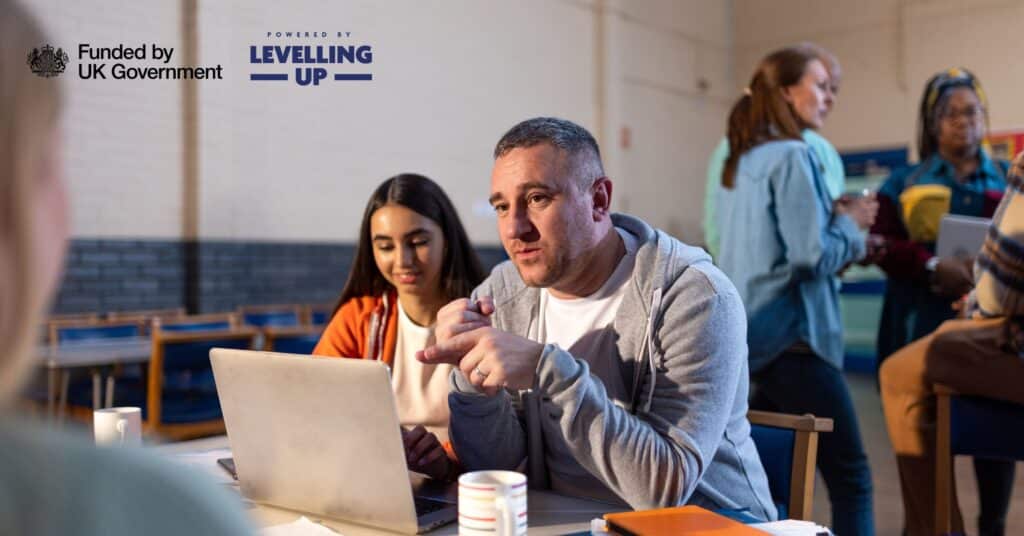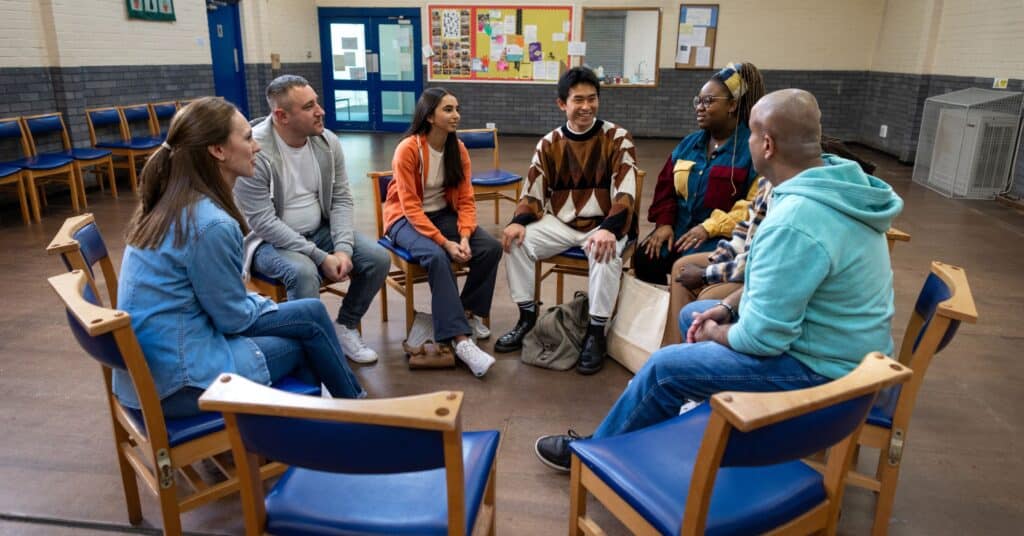“I believe the time has come for us to accept we need a new way to help people experiencing hardship and financial crises in our city” writes Alasdair Ross, Policy & Consultations Officer at ACVO TSI.
Firstly let me say that the huge amount of work done by food banks to support people is overwhelming in its generosity. However, I think we have reached a point where food banks have become so normalised that they are now a distraction from the fundamental problem facing huge numbers of people in our city – they don’t have enough money in their pockets to live healthy, happy, fulfilling lives. That is a shameful situation for 21st Century Aberdeen.
It is the natural reaction to solve the first problem that is directly in front of us and so when we talk about poverty we think about basic provisions such as food. When we then think about poverty in the context of food, the natural response is understandably, that if people are hungry we should feed them.
As a result, food provision has become a widespread, core activity of the third sector consuming vast amounts of time and money. Food banks have become a normal part of our society. We hear about them in the news almost daily, we see collection points in our supermarkets and community centres.
We are told they are a good thing and we celebrate their success. As a society we are becoming desensitised, they have become part of life and we expect them to exist.
At ACVO we have heard of employers (including in the public sector) referring their staff to food banks when they ask for help.
We know that some people entitled to social security payments are told it is not enough to live on and are given a list of food banks to contact. They are in effect, being used as tools to mask low income by some organisations.
At a time when demand for third sector services is at an all-time high, resources are down across the board.
The current situation is rapidly becoming unsustainable and our team at ACVO are worried that some will not be able to continue if we cannot come to a viable long-term solution to help people.
Think about the vast resources required to run a food bank, the buying and collecting of food, the preparation of packages, the transport, the storage requirements, the referral procedures, the staffing of the facility, the overhead costs, the co-ordination time to name a few. There are more than 30 emergency food projects operating in the city that we know of, and there will be others.
There is no dignity in queuing for food in this way and the stigma attached to asking for help, even in a crisis, is enormous. In addition to those barriers to accessing help, we need to find a sustainable way for the third sector to meet the huge demand for help and to manage the expectations of communities and partner organisations.
We are nowhere close to solving the problem in our city, and there is no end in sight – we can’t simply continue doing this same thing without any result. I’m not for a moment suggesting that there shouldn’t be emergency assistance available – I’m saying it should be different.
The issue is not food. The problem is a lack of money in people’s pockets. We need to accept that fact and confront it head on if we are to help those who need it most. If you don’t have enough money – you need more.
Many food banks offer access to other support services such as benefit checks and financial advice. This is the long term solution to a better future for those facing difficulties, and there is a huge amount of good work being done in this area in Aberdeen. But in an immediate crisis situation – what if people were given cash instead of food?
I welcome the Scottish Government’s Cash-First approach which was recently published. It contains a number of innovative proposals that will receive support over the next 3 years to strengthen the availability, coordination and access to cash-first support in order to get money into people’s pockets when they face crisis.
This will be backed up by advice and support to help maximise people’s incomes to prevent the crisis happening again. It is hoped these actions will help make food banks the last port of call in an emergency, and the proposals are step towards achieving the longer-term ambition of ending the need for food banks in Scotland.
There are of course a number of other interventions that are needed to help people. For a start, the UK government has to get real about social security benefits. The deliberate dismantling of the welfare system over decades and the continual, calculated demonisation of people who need help needs to be challenged head on. However, locally we can take action and move towards a Cash First approach.
Our role at ACVO is to help the third sector succeed, but one of our core values is also to stand up for those who need help most. We can see the current situation starting to unravel and so we are eager to hear from organisations who want to take radical steps to make change happen.
People in poverty need more money. We should give it to them. It’s a simple as that.





